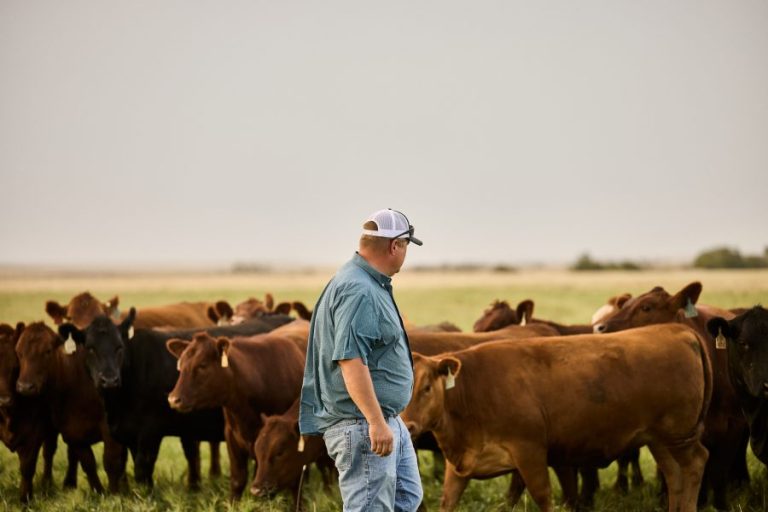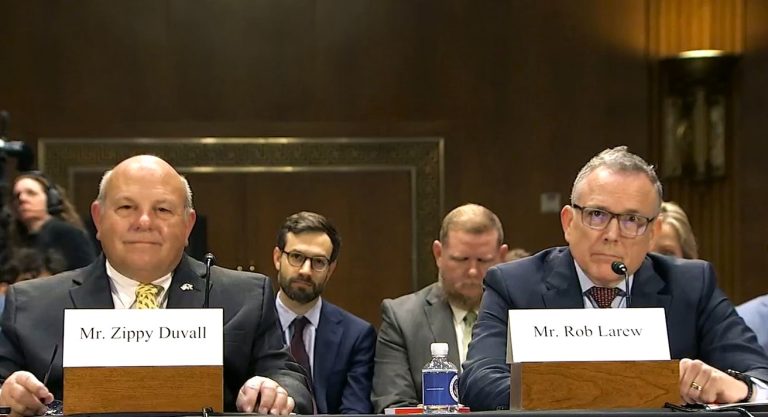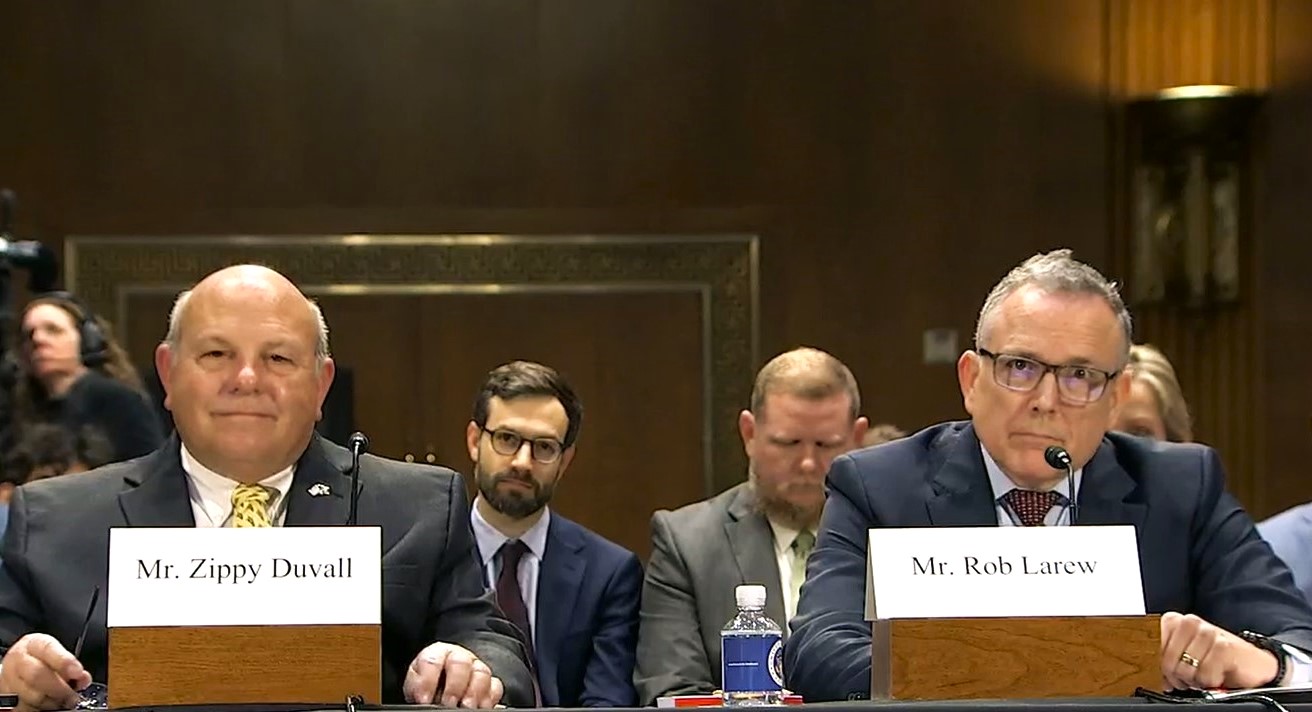WASHINGTON, D.C. – On Wednesday, the U.S. House passed four bills, previously approved by the House Ag Committee, including overwhelming support for an extension of the Livestock Mandatory (Price) Reporting Act and the creation of a library of cattle contracts.
The House voted 418-9 to advance H.R. 5290, introduced by House Agriculture Committee Chairman David Scott (D-GA). This legislation, which was supported by Ranking Member Glenn “G.T.” Thompson (R-PA) and unanimously approved by the Committee, would extend authorization for livestock mandatory reporting (LMR) through September 30, 2022.
 The authorization for LMR — an important tool cattle producers have for understanding transactions and trends in the cattle markets — is currently set to expire along with federal funding on February 18, 2022.
The authorization for LMR — an important tool cattle producers have for understanding transactions and trends in the cattle markets — is currently set to expire along with federal funding on February 18, 2022.
By an overwhelming vote of 411-13, the House also passed the Cattle Contract Library Act of 2021, bipartisan legislation that was introduced in October, by Rep. Dusty Johnson (R-SD) and Rep. Henry Cuellar (D-TX).
House Agriculture Committee Chairman David Scott, D-Ga., said on the House floor before the vote that Livestock Mandatory Reporting provides necessary transparency for livestock producers. The passage of the bill provides more time for the congressional committees to consider broader reforms proposed by lawmakers from both parties
“In talking about our great livestock producers, I’ve heard time and again how important it is to extend this mandatory reporting program and that if we let it lapse, it would cause significant problems for our farmers and ranchers. And we’re working together to make sure we get the job done the right way,” Scott said.
Scott added the extension allows continued negotiations to occur for other potential reforms even as cattle markets are recovering and prices have rallied. “This change in market dynamics is important to account for as we look to reach a consensus point on the framework of our reforms,” Scott said.
The Cattle Contract Library directs USDA to establish a library of fed cattle marketing contracts between feedyards and packing plants that will include the type and duration of contracts as well as provisions including base price, schedules of premiums or discounts, transportation arrangements and more.
“The fact that House Agriculture Committee Chairman Scott and Ranking Member Thompson have both been vocal champions for LMR reauthorization is yet another indication of the broad-base support this measure has among producers across the country,” said NCBA President Jerry Bohn. “LMR is absolutely essential to fair, competitive, and transparent cattle markets.”
The creation of a cattle contract library and the reauthorization of LMR are both widely supported across the cattle and beef industry. When livestock groups met in Phoenix earlier this year to identify common goals and priorities, those two measures were agreed upon as urgent.
The pork industry already has a similar contract library. In October, the North American Meat Institute (NAMI) had asked the House to “pause” and include packers in the talks for the library since the packers would bear the burden of complying with a new federal mandate.
Both bills would still need a vote in the Senate and signature of the president to become law.
Another bill backed by the Agriculture Committee, H.R. 5608, sponsored by Rep. Ron Kind, D-Wis., and Thompson authorizes $70 million annually for fiscal years 2022-28 for research and management of chronic wasting disease, with the money to be split evenly between research and management, administered by USDA’s Animal and Plant Health Inspection Service (APHIS).
The House also passed H.R 4489, sponsored by Reps. Kim Schrier, D-Wash., and Doug LaMalfa, R-Calif., which would allow the U.S. Forest Service to retain interest on settlement funds and apply those additional resources to complete necessary restoration work on lands damaged by mining activities and wildfires.
The House also got involved in supply chain challenges at major ports by passing the Ocean Shipping Reform Act, H.R. 4996, introduced by Reps. John Garamendi, D-Calif., and Dusty Johnson, R-S.D., by a vote of 364-60.
Garamendi said the bill would establish reciprocal trade to promote U.S. exports as part of the Federal Maritime Commission’s (FMC) mission. It would require ocean carriers to adhere to minimum service standards that meet the public interest, reflecting best practices in the global shipping industry. Ocean carriers or marine terminal operators would be required to certify that any late fees — known in maritime parlance as “detention and demurrage” charges — comply with federal regulations or face penalties. The bill would also shift burden of proof regarding the reasonableness of “detention or demurrage” charges from the invoiced party to the ocean carrier.
Just as importantly for agricultural shippers that have seen products left at docks, the bill would prohibit ocean carriers from declining opportunities for U.S. exports unreasonably, as determined by the FMC in new required federal rulemaking.
Another provision would require ocean common carriers to report to the FMC each calendar quarter on total import/export tonnage and 20-foot equivalent units (loaded/empty) per vessel that makes port in the United States













